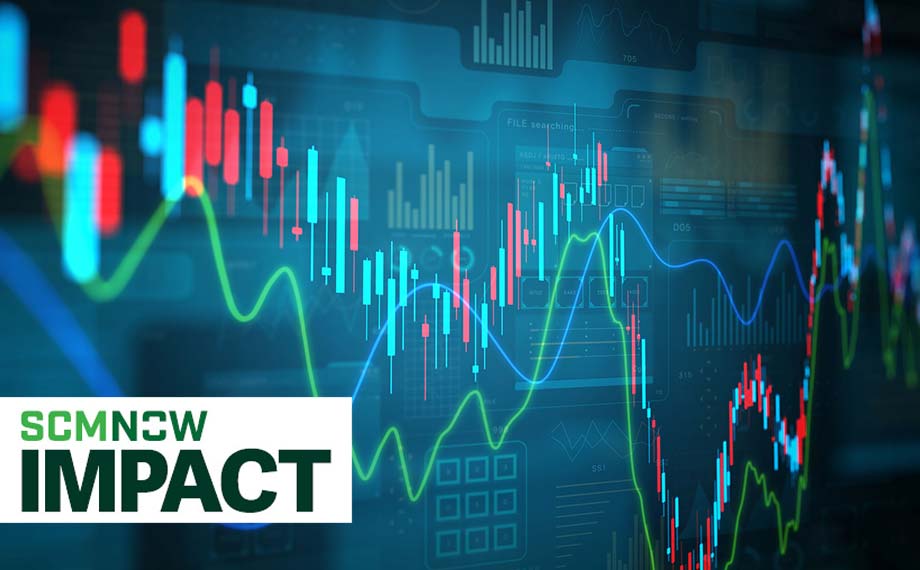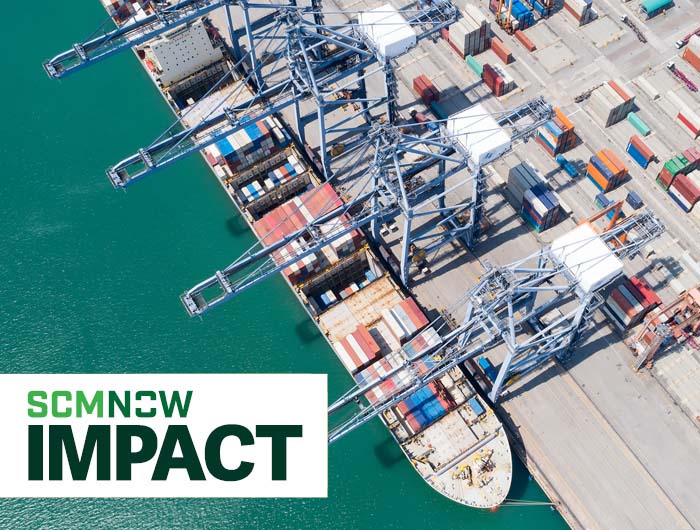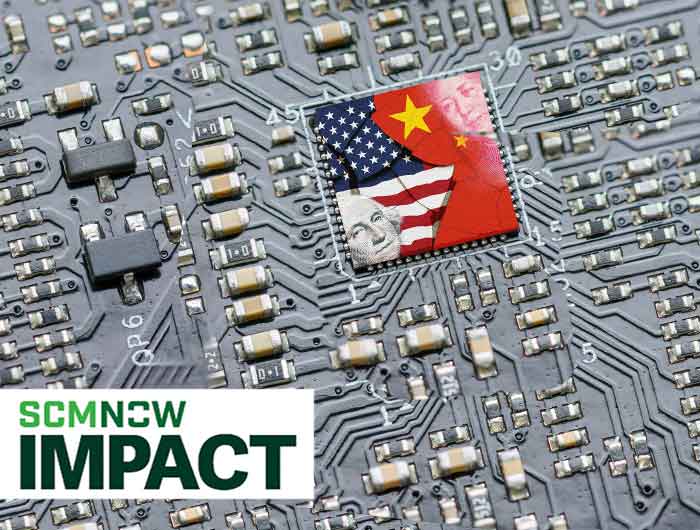With the victory of Donald Trump and the Republican Party in the U.S. presidential and congressional elections, significant changes are predicted when the administration takes office next year. For our supply chain community, there are a variety of policies that will affect our global networks.
One major pledge Trump has made is to impose large tariffs on imported goods. During his campaign, he vowed to “swiftly impose a 60% tariff on Chinese goods and at least a 10% levy on all other imports,” Reuters reports, adding that this is likely to cause a “rerun” of the 2018-19 trade war with China. China earns $400 billion annually selling goods to the United States and hundreds of billions more producing components for products Americans buy elsewhere. “Economists say that Trump's tariff plans, likely his most consequential economic policy, would push U.S. import duty rates back up to 1930s-era levels, stoke inflation, collapse U.S.-China trade, draw retaliation and drastically reorder supply chains,” Reuters continues. China may choose to react by increasing economic self-sufficiency and bolstering relationships with Russia.
However they’re levied, experts agree that tariffs are paid by companies — not governments — so supply chains must either reduce their profit margins or pass on the costs to consumers, Reuters continues. In a statement for Supply Chain Dive, National Retail Federation President and CEO Matthew Shay worried that the steep tariffs would amount to a “tax on American families.”
Separately, Yale University's Budget Lab estimates that the total reduction in annual household income under the proposed tariffs would be at least $2,576. Experts agree that tariffs can be useful when applied strategically and thoughtfully, but certain ingredients can only be found overseas, amounting to an across-the-board price increase for many such goods, explains FreightWaves.
As I recently told Inbound Logistics, Trump’s election will presumably cause companies to rush to move cargo ahead of the new tariffs, so supply chain organizations must be prepared. Risk management steps include identifying internal and external threats, communicating with stakeholders and outlining mitigation strategies. Supply chain leaders can help build resilience by diversifying and building up inventory to enhance flexibility in logistics networks. For instance, Stanley Black & Decker has been working on different scenarios in anticipation of the transfer of power, Supply Chain Dive notes, including “moving production and other aspects of its supply chain from China to other countries in Asia or possibly Mexico.” As another example, Helen of Troy, parent company to Oxo Pop and Hydro Flask, is working to move production to suppliers in Asian countries other than China, as well as parts of the Western Hemisphere, “in a bid to diversify its supply base and reduce potential exposure to tariffs.”
Shoring up our supply chains
As numerous companies reassess their dealings with suppliers across the globe, now is the time to ensure you are well-versed in key aspects of supplier relationship management. ASCM’s Supplier Relationship Management Certificate will help you identify, evaluate and deepen supplier and vendor relationships; negotiate supplier contracts and agreements; evaluate and monitor the benefits and risks associated with suppliers; and enhance organizational efficiency to drive value across your supply chain. Sign up today and get ready for a new phase in your supply chain management career.



